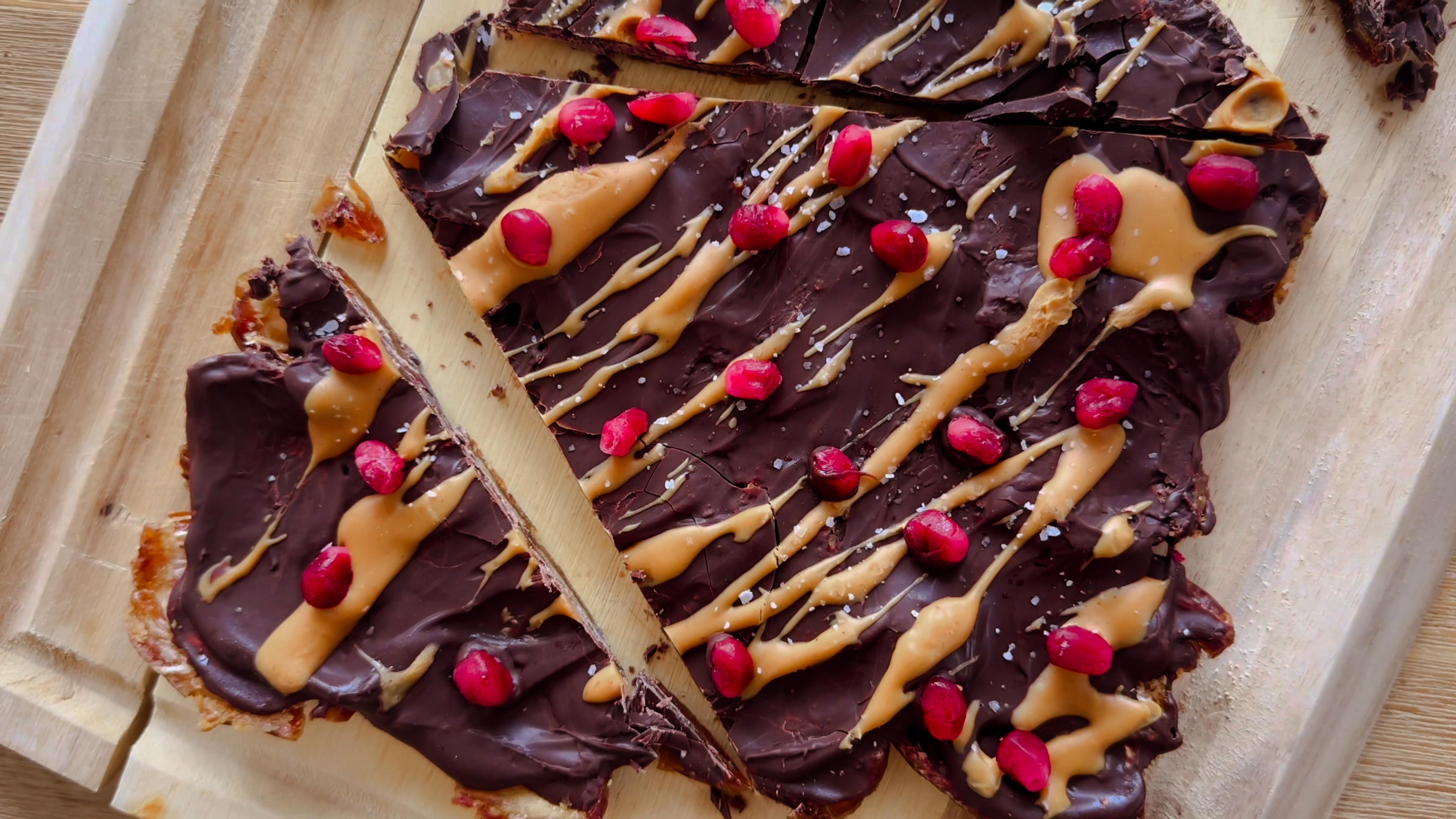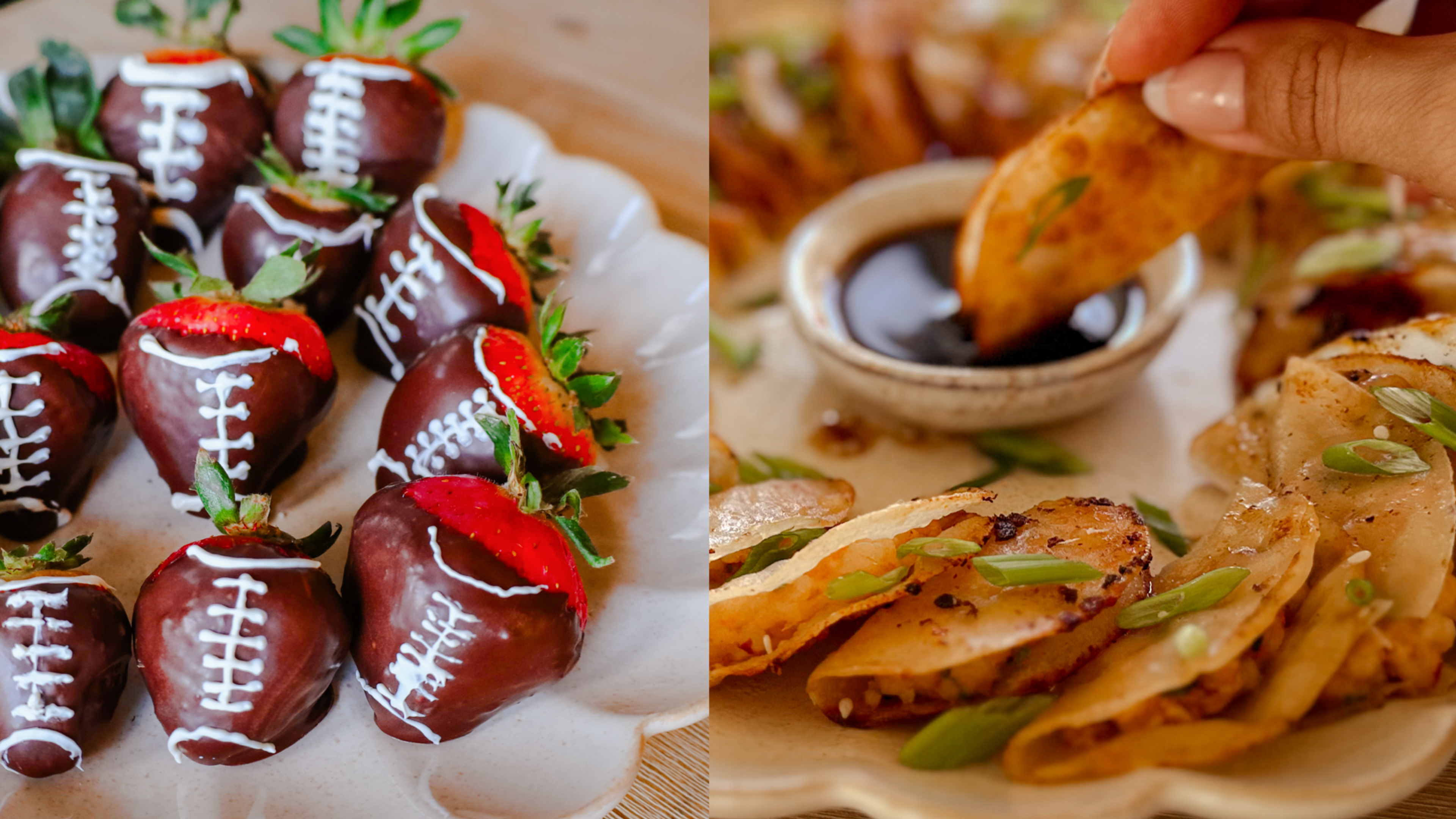The ABCs of Marinades and Grilling

Shanthi Appelo, MS, RD
| 3 min read

There’s nothing like taking a summer neighborhood walk and taking in the scents of barbecue and grilling. Grilling is a popular cooking technique because of the flavor and caramelization it produces.
Marinades, vinaigrettes and grill care are all part of a good meal and grilling experience.
How to make a marinade
A good marinade combined with the fire of the grill allows complex flavors develop with a texturally pleasing aftermath. Here’s the perfect formula for a marinade:
- Three parts oil: Oil coats the food and absorbs seasoning, making for a flavorful result.
- One part acid: Marinades start the breakdown of food by including an acidic or enzymatic component, allowing the flavor and juices of the marinade to penetrate the food.
- Aromatics and seasoning: A salty component like soy sauce and aromatics such as herbs or garlic adds and brings out flavor.
- A sweet element: Juice, honey or another sugary element facilitates caramelization for an unbeatable coating.
How to make a vinaigrette
If short on time, a vinaigrette is a great choice.
As components of marinades facilitate chemical reactions, it’s important to use the right vessel to marinate foods. Avoid metal containers or covering — except for stainless steel — as the metal can react with the acid in the marinade and result in a metallic, bitter taste. Use a sealable plastic bag or glass bowls covered with plastic wrap.
More time soaking in a marinade doesn’t necessarily mean better results. Meats that have soaked too long in an acidic marinade can become tough and dry. For best results, follow these foolproof marination times:
- Poultry — 2 hours
- Fish and seafood — 15 to 30 minutes
- Tofu — 1 to 24 hours
- Beef and pork — up to 12 hours
- Soft vegetables, such as mushrooms and zucchini — 30 minutes
- Root vegetables, such as carrots and potatoes — 2 hours
How to take care of your grill
Gas grills are No. 1 in American homes, followed by charcoal grills and electric grills. Proper cleaning inside and out maximizes the lifetime of this summer staple appliance. Keep these tips in mind:
- Always cover the grill after it cools down.
- Clean using a wire brush or grill stone after every use. It is best done when heating up for the next grill session to avoid food particles getting stuck in the brush.
- Every 10 or so uses, remove grates for cleaning, clean or replace drip pan and clean the inside of the grill.
- Cast iron grates need some extra love — after brushing the grates clean, brush with oil to season.
- At the end of the grilling season, disconnect the gas supply and close it. Store propane tank in a ventilated area.
For more recipes and health information, visit ahealthiermichigan.org.
Related:





